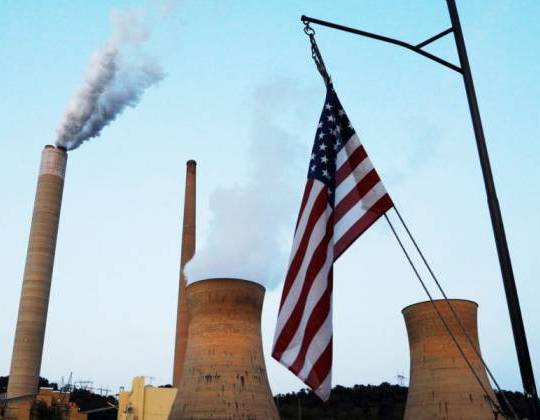Dr. Mahmood Dehghan, in an interview with the website of the Strategic Council on Foreign Relations, referred to the call of the UN Secretary-General regarding the need to declare a climate emergency in the countries at the Virtual Climate Change Summit and said: Withdrawal of the United States from a number of important international and regional commitments which are related, directly or indirectly, to climate change, even after returning to those agreements, casts doubt that a major power like the United States may always violate its obligations.
He added that when major powers violate international law, other governments, especially the small states, will become reluctant arguing that to what extent they should abide by their environmental commitments.
The university professor noted: Unfortunately, Mr. Trump has broken many international laws in the four years he was in office, adding: When he spoke bluntly about the UN and the UNESCO budget cuts, he showed that US international resolve on climate issues had been diminished.
Referring to the sensitivity of climate issues and Guterres’ remarks that ‘Five years after Paris, we are still not going in the right direction… And even those commitments are not being met’, Dehghan continued: The UN Secretary General intends to actually set the table that was unfortunately spread by a great power in four years, and that is lawlessness and violation of international treaties and mockery of international rights and relations.
The expert on international affairs, pointing to the impact of a possible US return to previous agreements with the presence of Joe Biden as the president, further continued: Obviously, this comeback will restore some part of the lost confidence. But there is the suspicion that such a problem may always arise again and add to the world problems. What guarantee is there that four years from now, Trump will not be back in office and international law will not be taken into play again!
Referring to the aggregation of power in the UN Security Council and lack of executive support for the General Assembly, he added: The philosophy of formation of the UN Security Council was to create collective security against the bullying of a power that intends to use arms. In this context, Mr. Trump created the doubt that the big powers can violate their commitments and create new resolutions as a legacy for the years to come.
The international affairs expert emphasized: Whether we like it or not, the international system is based on a hierarchical system where a pyramid in which 198 countries from top to bottom in the world are present based on power, everyone looks at their higher ranks. If the powers violate the climate agreements and ignore them, small countries, following their example, are well prepared not to observe climatic ageements, especially with regard to the line-ups.
Dehghan continued: If we want to consider the Paris Agreement, who has the most pollution! The answer is the big powers. The total greenhouse gas emissions in the Third World countries are not at all comparable to industrialized countries.
The university professor further commented: When leaders of great powers like Mr. Trump say ‘America first and then they pull out of the Paris Agreement and relaunch coal production, this is a signal to countries that for years, under the pressure from global public opinion and international agreements, have been forced to slowly move away from fossil fuels and turn to renewable fuels.
He added: After this American measure, some of those powers also started violations such as India, China, and even Russia that have not considered reducing pollutants and ignored their commitments.










0 Comments